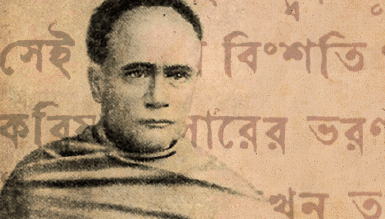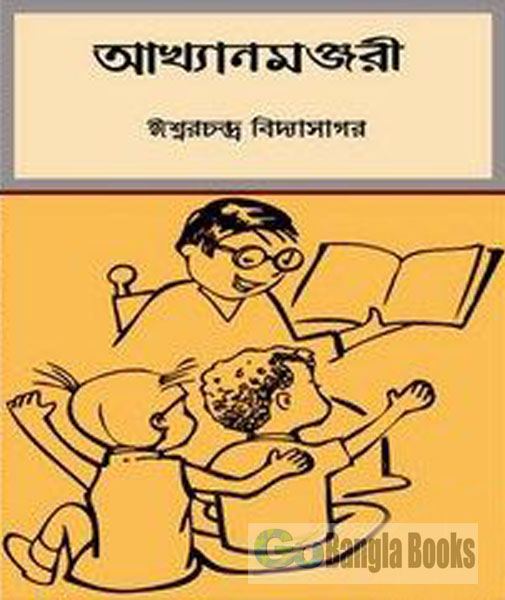

I have accordingly availed myself of the permission and beg respectfully to suggest that if you should feel inclined to transfer me to that post, the appointment of my successor in the Sanskrit College may be made in consultation with me, as from an intimate personal knowledge of the several parties from whom the selection may be made, I think I will be best able to recommend the most proper person for the place. When I had the honour to wait on you on Saturday last and solicited your permission to make a few suggestions regarding the appointment of an Inspector for South Bengal, you were pleased to direct me to submit a written memorandum upon the subject. Ishwarchandra Vidyasagar’s letter to Lieutenant General F.J.

He was so excelled in his undergraduate studies of Sanskrit and philosophy that Sanskrit College in Calcutta, where he studied, gave him the honorable title "Vidyasagar" ("Ocean of Knowledge" from Sanskrit, Vidya "knowledge" and Sagar "ocean").The following exchange of letters gives an interesting picture of the three personalities involved in a knotty administrative tangle: Ishwar Chandra Vidyasagar, Lieutenant General F.J. He was also associated as secretary with Hindu Female School which later came to be known as Bethune Female School.

The original plan was mooted by Iswar Chandra Vidyasagar (1820-1891), who continued to advise Dwarakanath in editorial matters. Dwarakanath (1819-1886) was a professor of Sanskrit college in Calcutta. Somprakash a weekly newspaper started on 15 November 1858, (1 Agrahayan 1265 BS) by Dwarakanath Vidyabhusan.

Even though widow remarriage was considered a flagrant breach of Hindu customs and was staunchly opposed, Lord Dalhousie personally finalised the bill and the Hindu Widows' Remarriage Act, 1856 was passed. He was the most prominent campaigner for Hindu widow remarriage, petitioning the Legislative council despite severe opposition, including a counter petition (by Radhakanta Deb and the Dharma Sabha) which had nearly four times as many signatures. He is considered the "Father of Bengali prose". He also rationalised and simplified the Bengali alphabet and type, which had remained unchanged since Charles Wilkins and Panchanan Karmakar had cut the first (wooden) Bengali type in 1780. Ishwar Chandra Vidyasagar (26 September 1820 29 July 1891), born Ishwar Chandra Bandyopadhyay, was an Indian educator and social reformer of the nineteenth century.His efforts to simplify and modernise Bengali prose were significant.


 0 kommentar(er)
0 kommentar(er)
